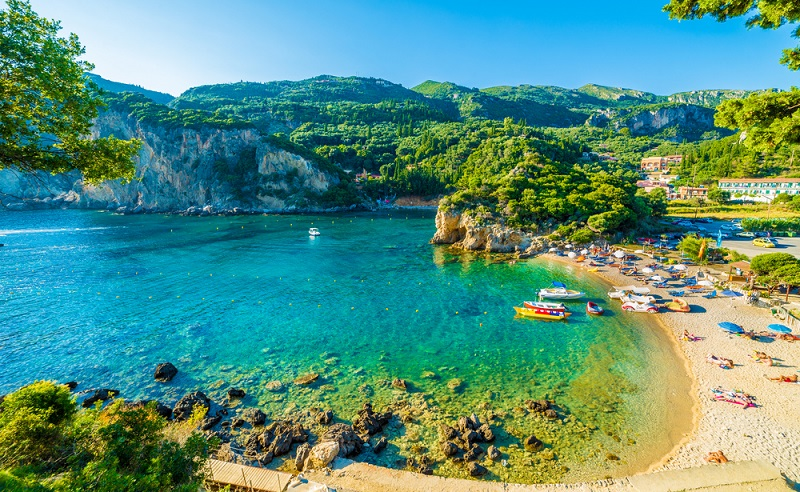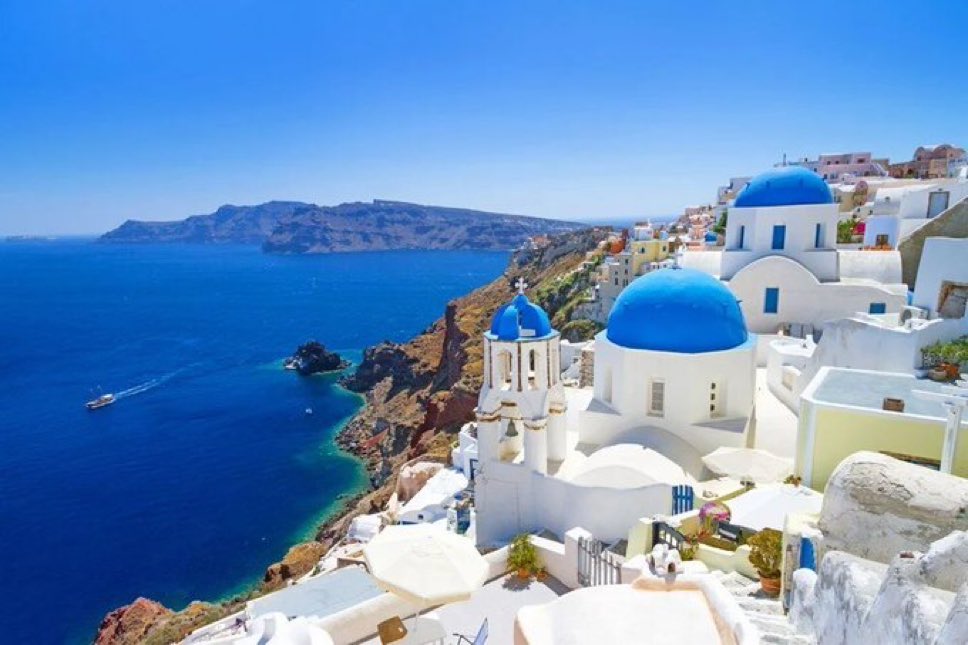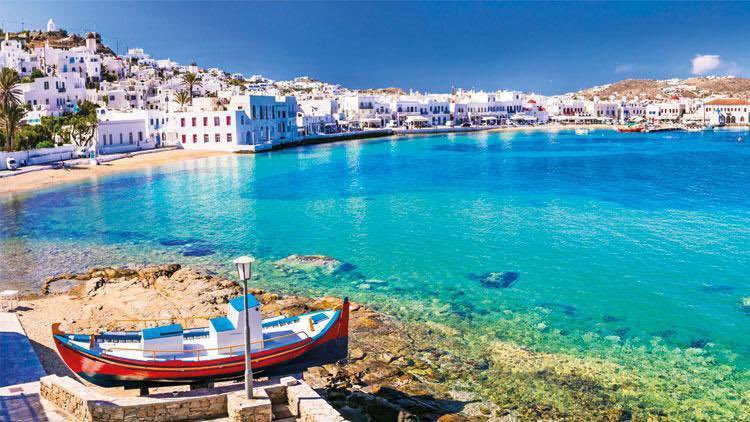.jpg)
This summer, the picturesque village of Skala Sikamineas on the northeast coast of Lesbos is witnessing a vibrant influx of well-heeled tourists from the Turkish coast across the Aegean Sea. The two acclaimed fish restaurants lining the coast are bustling, filled predominantly with Turkish-speaking diners, including families from Izmir, groups arriving from Ayvalik via a new catamaran connection, and young couples from Istanbul soaking in the island's charm.

Among them are first-time visitors Isin and her boyfriend, who arrived by ferry from Dikili and quickly fell in love with Lesbos’ beaches and taverns, already planning a return next summer. The short crossing under an hour with tickets costing just €35, combined with eight daily ferry trips in the summer season from Dikili to Mytilene, Lesbos’ capital, makes the island an accessible and attractive getaway for Turkish tourists seeking a relaxed atmosphere.
On the Greek side, Turkish visitors find a welcoming environment where they can enjoy local specialties like ouzo, the aniseed schnapps, and relax openly—Turkish women sunbathe comfortably in bikinis, and social mingling happens naturally. Restaurateurs like Takis, operating a tavern in Gera Bay, praise Turkish visitors as appreciative, friendly, and relaxed, often representing the Turkish middle class looking for tranquil retreats. Unlike many Greek islands that have become prohibitively expensive, Lesbos remains affordable compared to Turkish Aegean destinations such as Bozcaada, Bodrum, or Assos.

Tourism is not just boosting local economies; it also serves as a bridge easing historical tensions between Greece and Turkey. Since the 19th-century conflicts and the Greco-Turkish War ending in 1922, relations have softened somewhat, particularly through growing cross-border tourism. In this vein, the deputy mayor of Mytilene, Nikos Giannakas, warmly welcomed the Turkish mayor of Balikesir, Ahmet Akin, and 150 tourists arriving via the new Mytilene-Ayvalik catamaran route now the eighth between these cities, enhancing tourism, trade, and cultural exchange.

Despite continuing political frictions such as maritime border disputes, airspace disagreements, and recent tensions around marine park creations in the Aegean—these issues remain largely distant from the holiday experiences of Turkish tourists on Lesbos. For visitors like Isin and countless others, the beauty and hospitality of the island overshadow any geopolitical rumblings, highlighting how tourism fosters goodwill and cross-cultural understanding amid complex diplomatic landscapes.
This summer, Lesbos is not only a tranquil sanctuary for vacationers but also a living example of how shared human experiences can nurture peaceful connections across the historically often tense Aegean Sea.


.jpg)
.jpg)
.jpg)
.jpg)
.jpg)

.jpg)
.jpg)

.jpg)




 (1).jpg)
.jpg)
.jpg)
.jpg)




.png)
.jpg)
.jpg)
.jpg)
.jpg)




.jpg)
.jpg)
.jpg)
.jpg)
.jpg)




.jpg)







.jpg)
.jpg)
.jpg)
